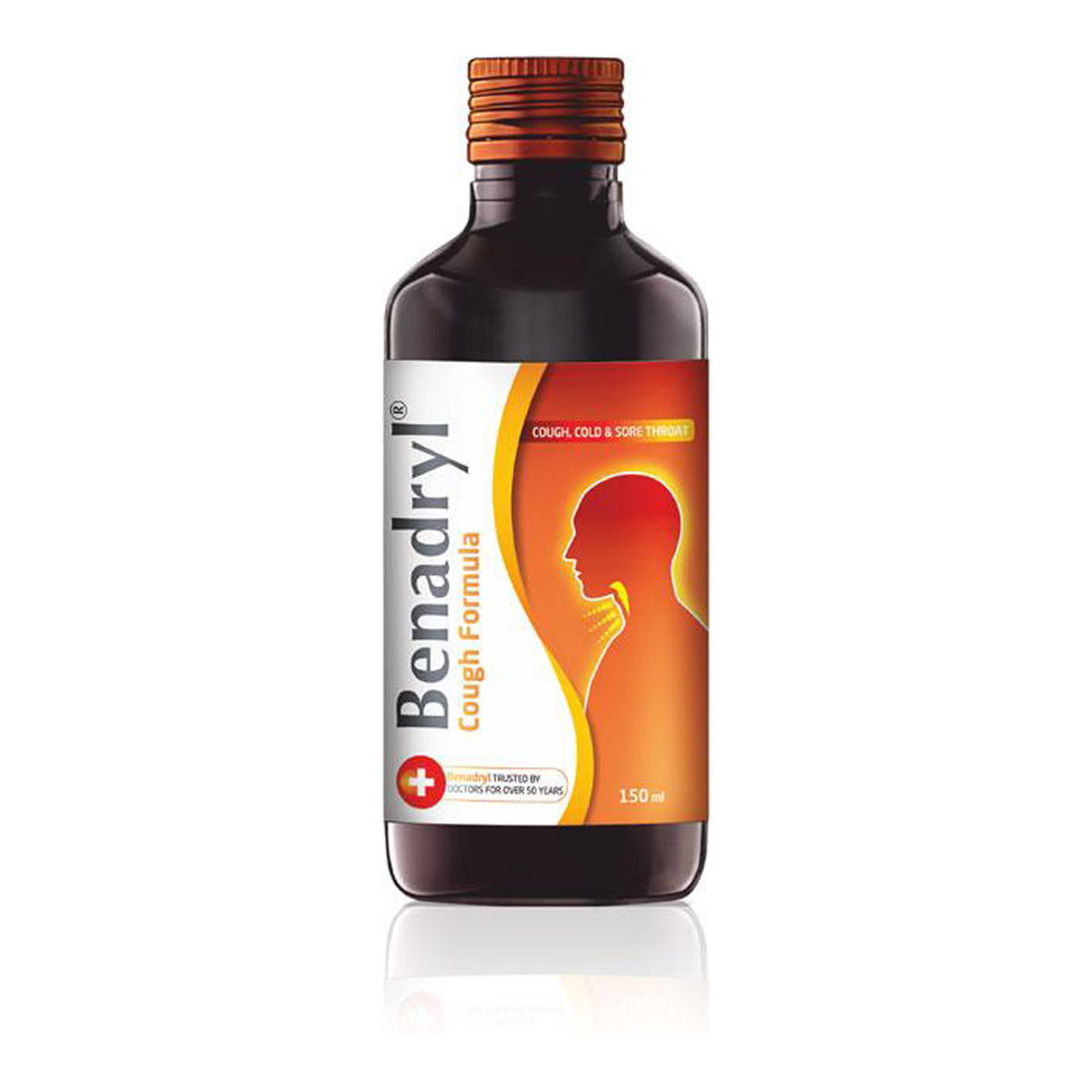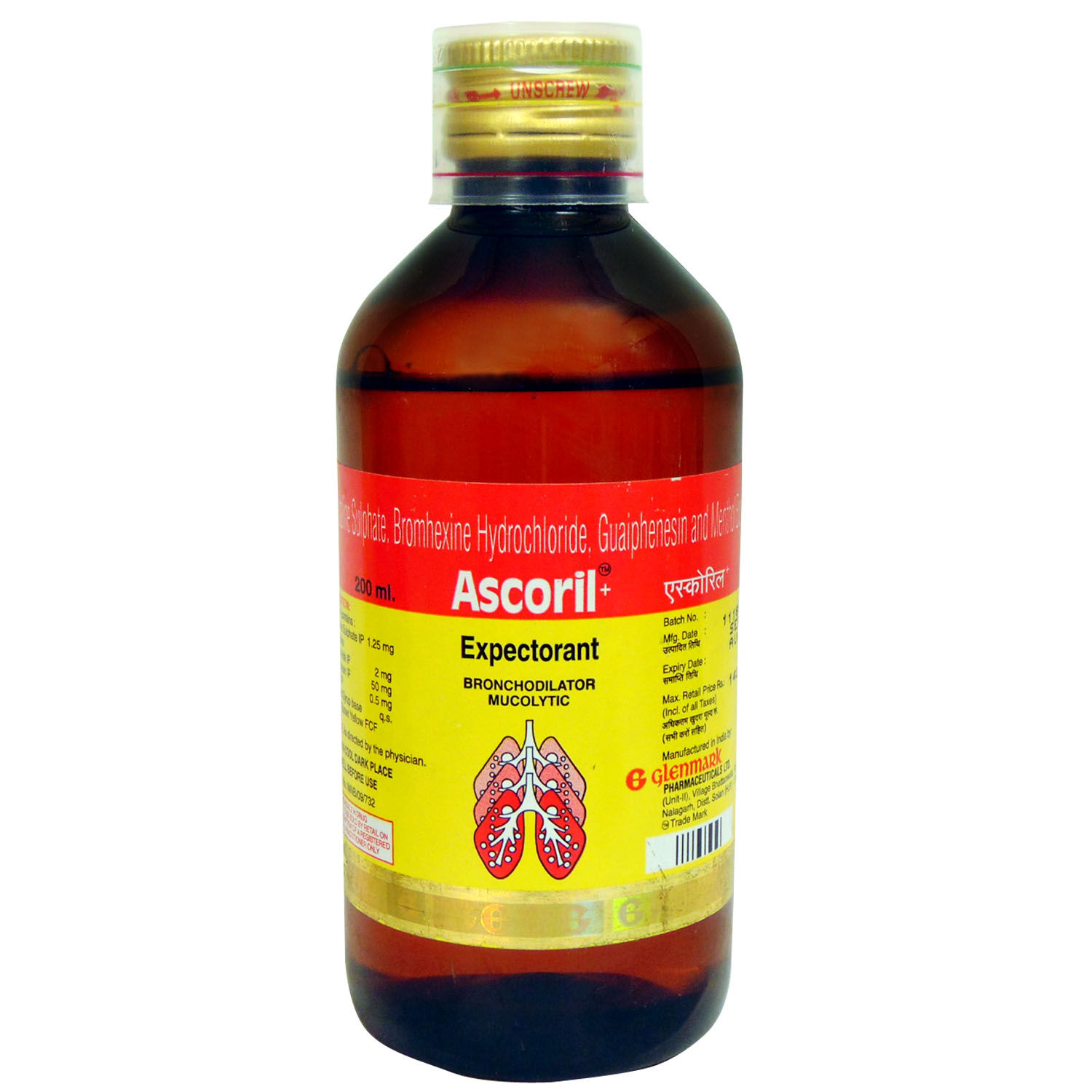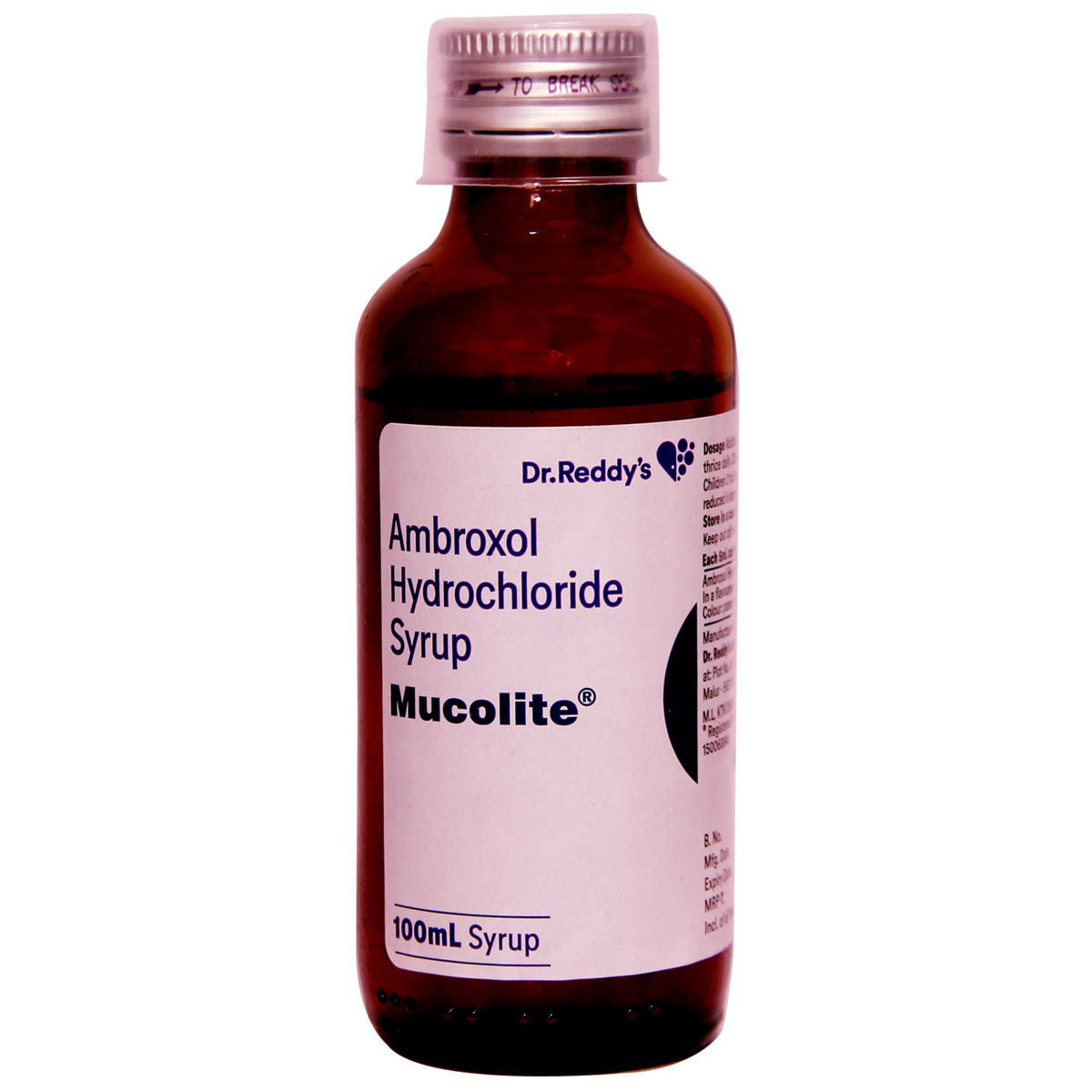Different Types of Coughs: What You Need to Know
Coughs generally fall into two categories: dry cough and wet cough. Each type has its own causes and needs a tailored treatment to provide the best relief.
1. Dry Cough (Non-Productive Cough)
A dry cough does not produce mucus or phlegm. It often feels scratchy or irritating and may cause a tickling sensation in the throat. Dry coughs are usually not useful for clearing the airways, which makes them more uncomfortable, especially at night.
Common causes of dry cough include:
- Viral infections, such as the common cold or flu, especially in the later stages when the mucus has cleared.
- Allergies or exposure to environmental irritants like dust, smoke, pollution, or strong chemical fumes.
- Asthma, which can lead to chronic coughing due to inflammation of the airways.
- Gastroesophageal reflux disease (GERD), where stomach acid irritates the throat and triggers a cough.
- Post-infectious cough, which can persist for weeks after a respiratory illness.
How is it treated?
Since dry coughs do not help clear the lungs, treatment focuses on calming the cough reflex and soothing throat irritation. This helps reduce discomfort and allows better rest, especially if the cough is disturbing your sleep or daily routine.
2. Wet Cough (Productive Cough)
A wet cough produces mucus, also known as phlegm. This type of cough helps clear the respiratory tract of infections, irritants, or fluid buildup. People with wet coughs often feel congestion in the chest or throat.
Common causes of a wet cough include:
- Respiratory infections such as bronchitis, pneumonia, or the flu.
- Chronic obstructive pulmonary disease (COPD), including chronic bronchitis and emphysema.
- Sinus infections or post-nasal drip, where excess mucus drains down the back of the throat.
- Smoking-related lung conditions, which increase mucus production and airway inflammation.
How is it treated?
Treatment for a wet cough focuses on loosening and thinning the mucus to make it easier to expel. This helps clear the lungs and prevent further complications. Unlike dry coughs, wet coughs are usually not suppressed unless they become severe or interfere with sleep.
Buy Cough Medicines




